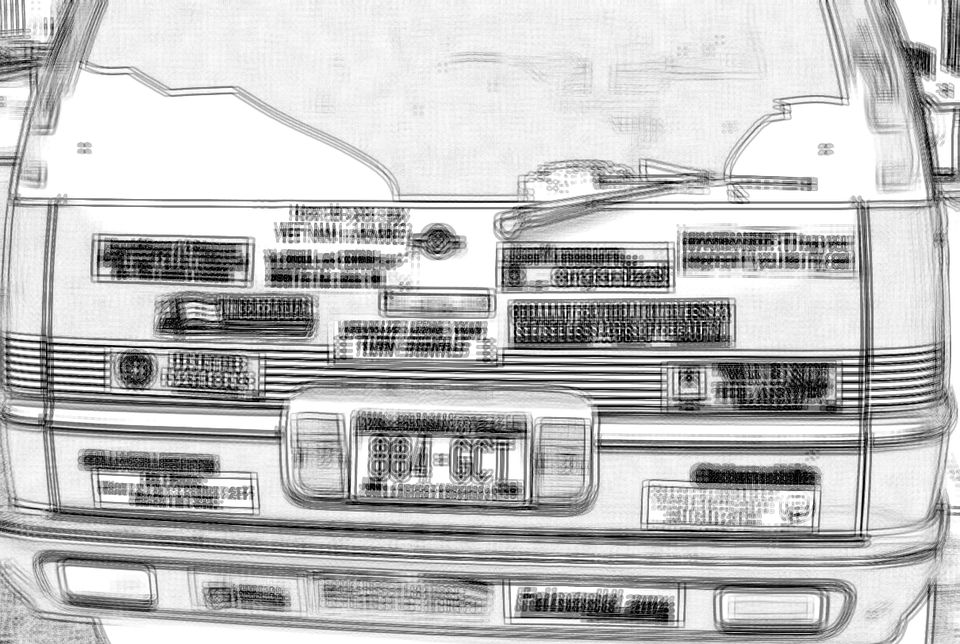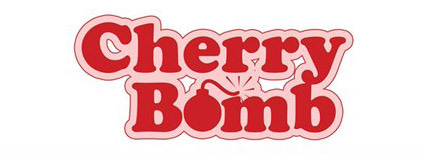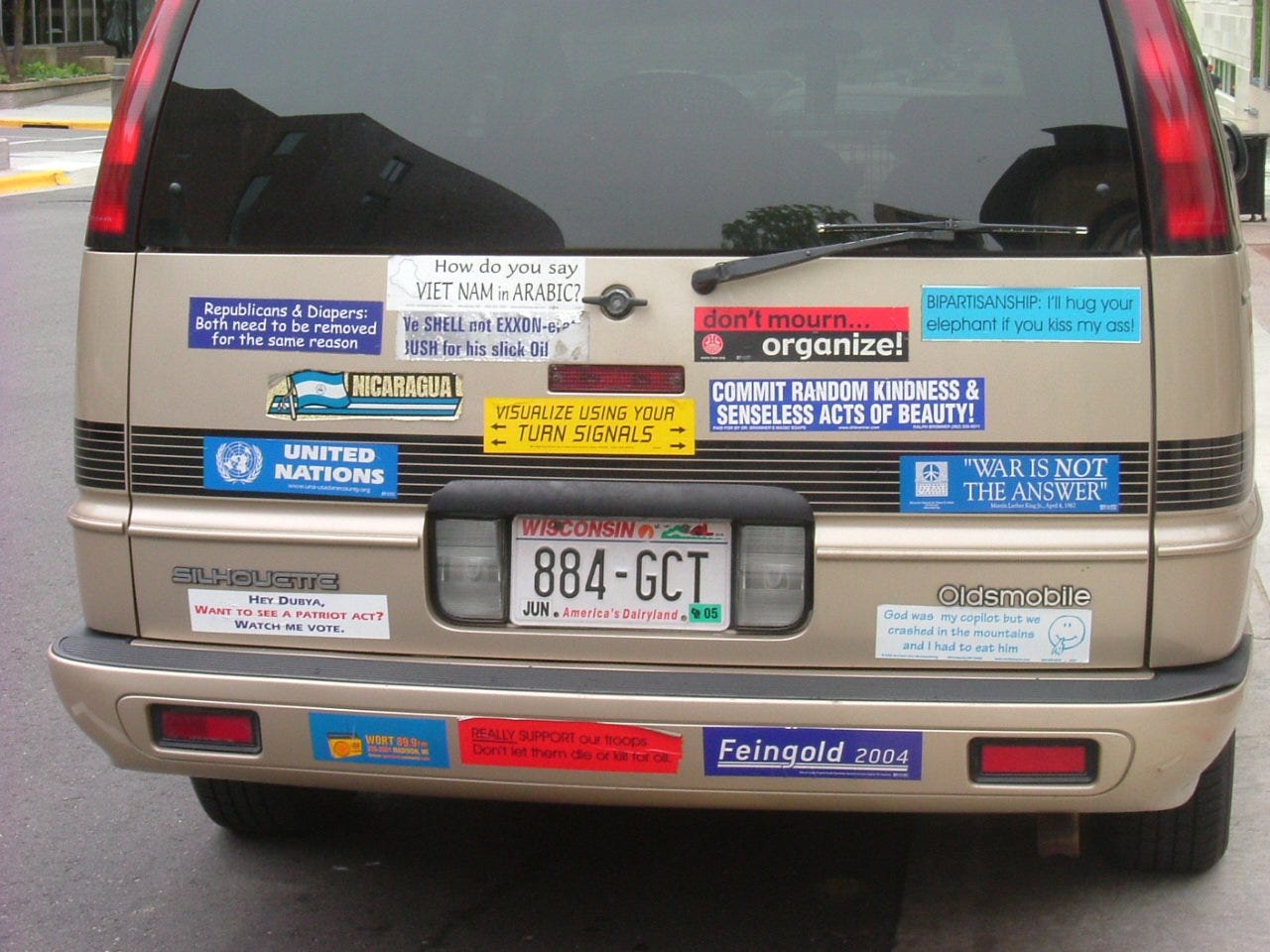Sticker Shock

The Power of Platitudes
From a letter originally requested in support of the Santa Fe Reporter, the free weekly paper in Santa Fe, New Mexico. I worked for the Reporter for 10 years in every capacity from a freelance columnist to interim editor.

As a member of the allegedly oft-overlooked Generation X, I feel a critically underreported aspect of my forgotten generation is that we came of age in the era of the bumper sticker. Certainly, there were bumper stickers before I was old enough to wonder just why "a friend with weed was a friend indeed." And it's still no trouble to find the hindquarters of a Honda asking "where are we going and why are we in this hand basket?" But I feel like there was a real cultural crescendo when peak bumper sticker production collided with the vast vehicular real estate provided by the mini-vans, hatchbacks and truck butts of the 1980s.

If you're wondering how we displayed sanctimony and snark before Facebook, bumper stickers are your answer. When I was a kid, if we wanted to PWN the libs, we couldn't just "post" some meme––we had to thoroughly clean a surface with rubbing alcohol before precisely placing our "More Nukes, Less Kooks" sticker, keeping it centered and level while avoiding air bubbles.
The proliferation of those pasty platitudes was so prevalent throughout my puberty, some of those morsels of mouthing-off have clung to me like dryer static. And I'm not just talking about "nobody riding for free" and not going knocking on rocking vans. I find the message I've parsed and re-parsed is "Think Globally, Act Locally."
I know, eye-roll emoji, right?
But the butterfly effect reminds us that when an authoritarian flaps his lips in Florida, it can f*ck things right up for a family seeking freedom along La Frontera. From the plight of asylum seekers to pandemics, climate change and corrupt regimes, we have to educate ourselves on the interconnectedness of nations and natural forces, along with corporate and political nincompoopery.

But most of us as individuals don't have the power to move global events (nor should we). The solution is to focus our efforts on local matters within our respective communities. And a key tool that empowers us to do this is local journalism.
I admit to bias in this matter. Having spent a decade writing and editing for a free weekly paper, I know first hand the widespread cultural commitment to integrity among local journalists. I still have ingrained in me the solemnity with which my co-workers considered their charge as journalists. And I still relish the pride in striving to represent a community with as much completeness as possible.
It is in free weeklies, and other local publications, where we are warned of the issues confronting our community. It's where we first vet candidates for local elected office–often the same candidates who will later campaign for state and federal positions. These local papers are where we source our shared history, where we search for a suitable business to meet our needs, and where we are shocked to see the saucy secrets that churn beneath our cities suddenly revealed.
This critical component of local communities everywhere is under attack–from increasing impossible revenue models, from a malevolent president casting "the media" as a bogeyman, and from a vocal minority which prefers QAnon and conspiracy to credible coverage and courageous correspondents.
If we indeed value "acting locally" there is no more pressing and crucial action we may undertake than ensuring the continuation of a free press with our local needs and challenges as its foremost concern. We need to vote. We need to protest. We need to go to public meetings. But our support of local news lasts beyond each individual event and protects and informs our access to voting, protesting and meeting.
Support local news. That's not just a sticker that should be on every bumper—it's a call to action. Locally.